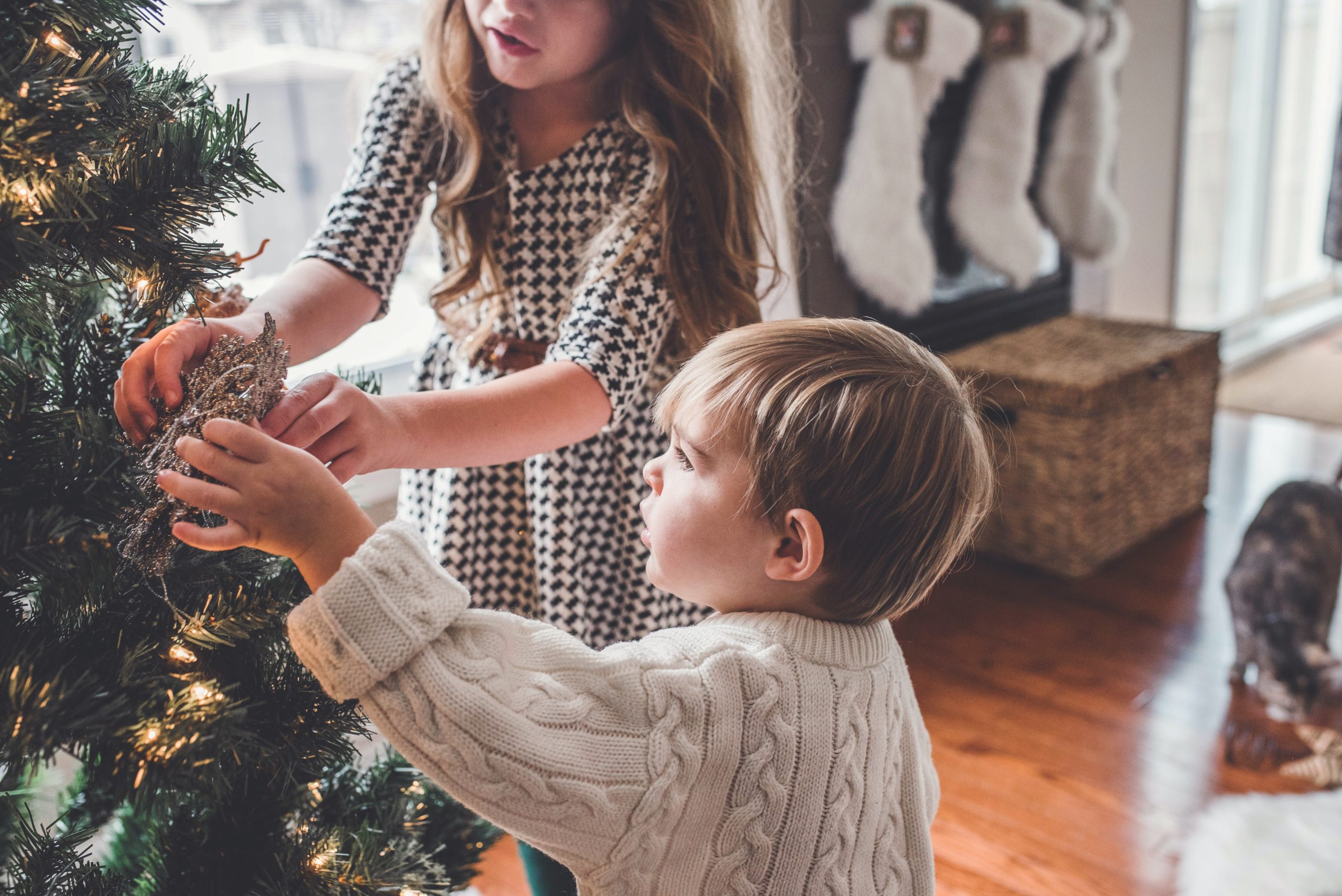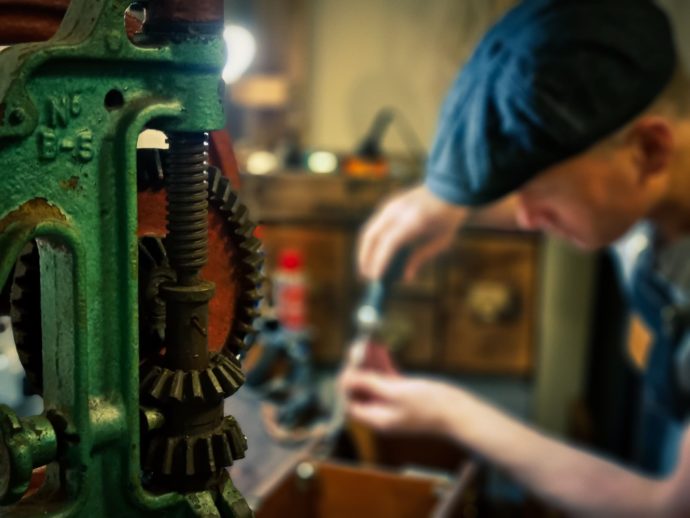
Call it a clan, call it a network, call it a tribe, call it a family. Whatever you call it, whoever you are, you need one.
– Jane Howard
Thinking about the holidays often brings up positive feelings as we prepare to see family, including excitement, nostalgia, and warmth. But it’s the rare family where relationships are always smooth. Many of us have difficult relationships with one or more family members – an estranged uncle, a new stepparent, a rivalrous younger sibling. Sometimes family relationships have failed to grow and evolve beyond outdated roles – a bossy older brother and a resentful younger sister, a controlling aunt always at the ready with unwanted advice and we may dread being caught again in old “dance routines” with relatives.
For some, the annoying parts of being with family feel like they outweigh the good. It can be tempting to pull away, stay home, and skip the holiday celebration altogether. There may be a part of you that wishes simply not to bother, thinking it’s more trouble than it’s worth.
So, why bother with family?
Is it worth the trouble? What, if anything, makes family relationships special? It may seem obvious, but it’s worth reminding ourselves that family is the place we start from.
Parents and siblings, uncles and aunts, grandparents and cousins — —these are usually the people who were most involved in our lives when we were young and who have known us for the longest. These people have been there at some of the most formative moments of our lives. They have helped shape our values, supported and challenged us along the way, and given us a sense of our place in the world. Family is, for better or worse, home base. It is where we come from.
Parents are the first humans we see when we arrive in the world. We inherit their genes, mirror their behavior, and usually bring some of their mannerisms into adulthood. Siblings, if we have them, are among our first playmates who show us how to behave and how to get into trouble. Our extended family often defines for us the meaning of community. They show us how people can care for one another, both when together and while apart. It’s these irreplaceable qualities of family relationships that make them worth the bother.
Family, for Better or for Worse
For better
Family relationships are among the most stable connections we will have in life. As the years go by, we go off to school, move to a new city or a new state, and along the way we leave friends and relationships behind and make new ones. No matter how far you travel, your family will always be yours.
These are the people who may have seen more of your life than anyone in the world. Few outside a family will see your whole journey, and it cannot be overstated how deeply impactful lifelong witnesses are to our sense of place in the world and the life cycle.
Thankfully, in the last few decades, the possibilities for who we embrace as family have expanded. This includes more blended families, more same-sex couples, and more single-parent families.
Or for worse
No family is without conflicts. The web of complex relationships that exists in every family commonly includes disagreements, distance, and sometimes family feuds. While some relationships are so stressful and hurtful that it is healthiest to step away from them, most of our “difficult” relatives are people with whom the family ties are still of value. Preserving that value, and avoiding the pain of family rifts, means doing the hard work of managing disagreements and difficulties. Often, the repair of a troubled relationship makes it stronger, because we arrive at greater mutual understanding.
Family, for many, is a free starter pack a group of people whose support we can take for granted. Yet because for many of us, family has always been there, it may feel like these relationships do not require effort to maintain. While it is true these connections cannot be broken or walked away from as easily as others, they often wither without attention. No relationship can survive “on automatic.”
Family For Health & Happiness
The Harvard Study of Adult Development, the longest study of its kind, has followed 724 families over 84 years and across 3 generations. It captures the enormous range of family experiences: close bonds, family feuds, and the full spectrum of struggles and successes.
Though it sometimes feels like our family relationships are frozen that they’re always going to be what they are now the Harvard Study shows us that relationships change over time and that nothing is ever set in stone.
Is Family a good thing?
Indeed it is.
The flexibility of family is often a blessing. Resilient family relationships can bend without breaking. Studying many families across time shows us that there is always an opportunity to lean further into family and for people to grow closer. The Study also shows that quality close relationships help us lead healthier, happier lives.
So, if they’re worth the bother, how do we “lean in” to family relationships?
Given the importance of warm family connections for health and well-being, how can we arrive at holiday family gatherings with fresh eyes? How could we see that annoying cousin or the boring grandparent with more openness to a new kind of connection? How could we look at an old relationship and be surprised?
- Ask yourself, “What’s here (with this person, in this conversation) that I haven’t noticed before?”
- Bring curiosity to each encounter. Ask a family member about something they care about and watch how they light up when talking about a passionate interest.
- The pandemic presents challenges for all of us. Ask someone of an older generation to tell you how they got through a difficult time (WWII, 9/11, a family death), and what it was like to live during that time.
- Catch that “difficult” relative doing something kind or behaving well. We’re so good at noticing when others are behaving badly. Find the moments when they surprise you by doing something that you respect and find a way to mention it.
- Take a risk and talk about something that really matters to you. We know that many of the most functional families are deeply intentional in how they treat one another. Family members talk with each other about what’s important to them, what they hope for, what they most value.
Family relationships can last an entire lifetime. They begin the day you are born and will continue for the rest of your life so long as you have even one relative. Family is often the people we feel most fully seen by. Would you leave the health of such unique connections to chance? Will you just float through the next round of holiday gatherings on autopilot? This year, bring your wonder and curiosity to those old familiar celebrations and discover what’s waiting there to surprise you.
Regardless of your family circumstances, the Lifespan Research Foundation is here to help you assess and determine your next step. Our course for individuals is a great place to start.


